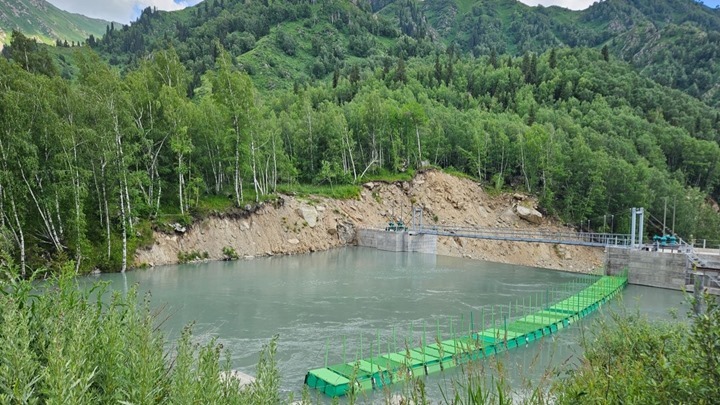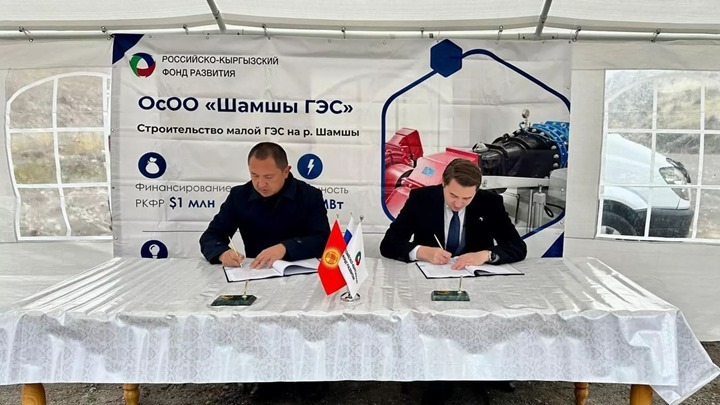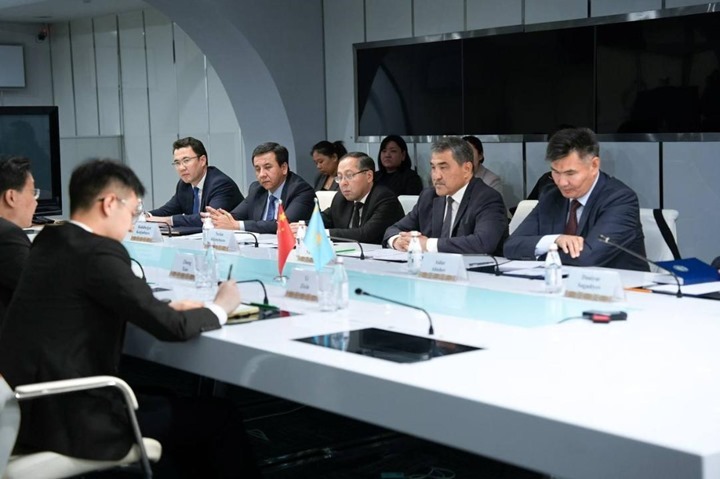Kazakhstan plans to build Talaptinskaya HPP on the Koksu River
Eskeldinskaya HPP Company plans to build Talapta hydroelectric power station (HPP) on the Koksu River, 41 km from Taldykorgan.

“The project provides for the construction of the Talaptinskaya HPP on the Koksu River with an installed capacity of 16.6 MW,” the company said in a statement, which is available to Kursiv.
The hydroelectric power station will be built in Eskeldinsky district of Zhetysu region. The construction site is located 41 km west of Taldykorgan, 250 km east of Almaty and three kilometers from the nearby village of Talapty.
The installed capacity of the HPP will be 16.6 MW, the guaranteed capacity by December will be 3.5 MW. The HPP will pass at least 15 cubic meters of water per second through the HPP, and the estimated water consumption will be 37 cubic meters per second. The average annual electricity generation will be 117 million kWh.
The station will operate around the clock, and the main consumers of electricity will be the population and companies of the districts of the Zhetysu region adjacent to the HPP. The station will participate in the coverage of daily load schedules in regional networks.
The construction of the HPP will take 20 months from March 2025 – with completion in November 2026. The warranty period of the technological equipment will be 40 years from the date of its commissioning. During construction, the necessary electricity will be generated by a diesel generator.
The Eskeldinskaya HPP company registered in the village of Zhalgyzagash, Eskeldinsky district, Zhetysu region (power generation by hydroelectric power stations, headed by Gulmira Sirazhetdinova) is owned by five Kazakhstanis: Sergey Tsoi, Almas Zhangasinov, Aibek Umbetalin, Asem Zhilkibayeva and Aziz Mukhtasimov.
Zhanbolat Mamyshev (“Italics”)


